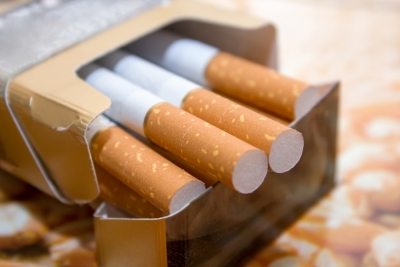
For World No Tobacco Day 2014 (May 31), the World Health Organisation and partners are calling on countries to raise taxes on tobacco. Research shows that higher taxes are especially effective in reducing tobacco use among lower income groups and in preventing young people from starting to smoke. The global tobacco epidemic kills nearly 6 million people each year, of which more than 600,000 are non smokers dying from breathing second-hand smoke.
Excise taxes are usually levied on the sale and production for sale of tobacco products, resulting in the price offered to buyers being higher relative to the cost of other goods and services. Producers, manufacturers, and wholesalers pay the excise tax and, in a bid to recover the tax paid on these products, raise the sale price to the final consumers. Taxes may also take the form of a sales tax, value-added tax (VAT), or duty tax, with consumers, once again, mainly responsible for footing a portion or all of these bills.
Tax authorities often slap high taxes on what they consider to be morally objectionable vices such as tobacco and alcohol. The idea is to punish consumers and hopefully discourage them from continuing the activity.
These efforts aren’t always successful, though. Because demand for tobacco, and many other sin-taxed goods, is known to be highly price inelastic, most of the effect of the tax tends to be reflected in price increases rather than reduced consumption, at least in the short-run.
Credit : Investopedia
Picture Credit : Google




